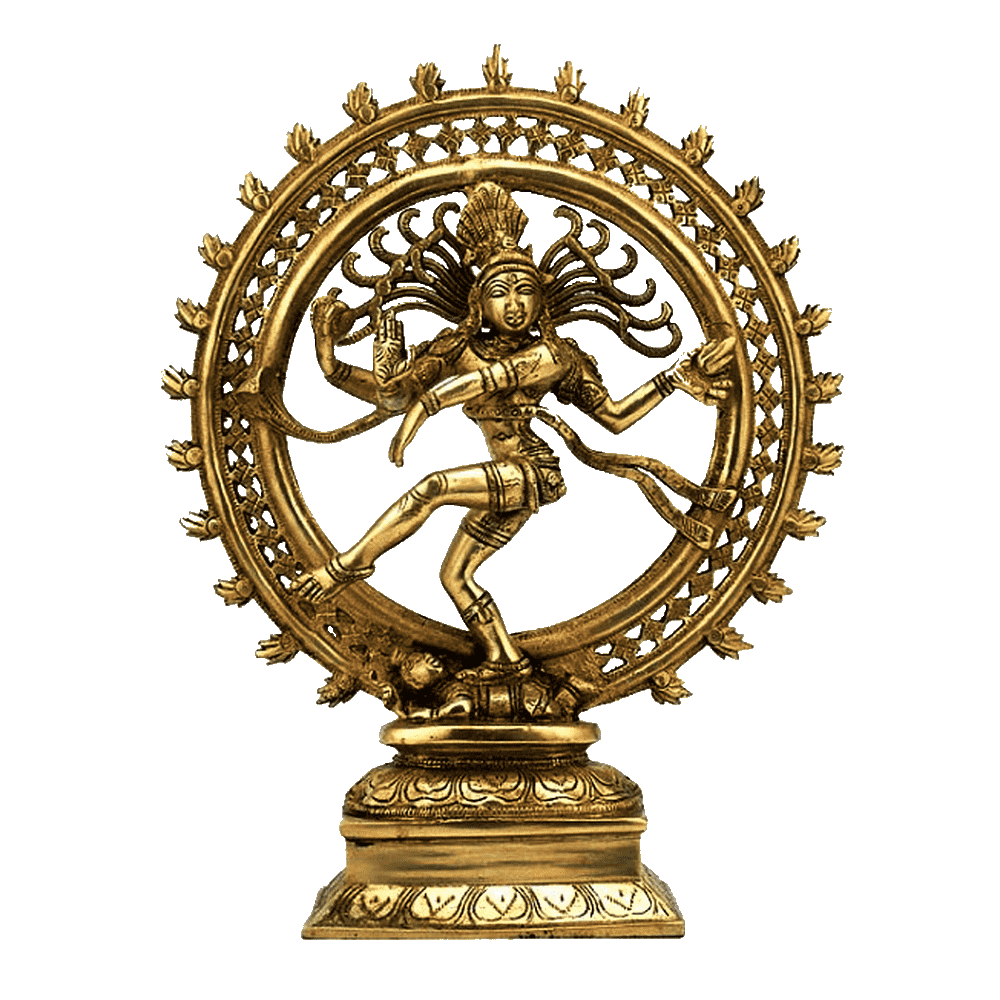
Rudra Yāmala
Embracing the Fierce and Transformative Energies of Lord Śiva
Introduction:
The Rudra Yāmala is a sacred text within the Śivaśakti traditions of Hinduism, devoted to Lord Śiva, who is worshipped as Rudra – the embodiment of destruction and transformation. This profound scripture elaborates on rituals and practices dedicated to invoking the fierce and transformative energies of Lord Rudra. Through these practices, seekers aim to attain spiritual evolution, inner purification, and ultimately, the realization of the imperishable truth that lies beyond the veil of material existence.
Rudra – The Fierce and Transformative Aspect:
In Hindu mythology, Rudra is an epithet often used to describe the fierce and ferocious aspect of Lord Śiva. He is the divine force that presides over destruction and the transformation of the universe. As Rudra, Lord Śiva symbolizes the cyclical nature of creation, preservation, and dissolution. He is the divine destructor of all that is impermanent, clearing the way for new beginnings and spiritual rebirth.
Rituals and Practices:
The Rudra Yāmala delves into an array of rituals and spiritual practices dedicated to invoking the transformative energies of Lord Rudra. These practices are designed to bring practitioners closer to the divine consciousness and facilitate their spiritual growth.
Mantra Recitation:
The Rudra Yāmala emphasizes the power of mantra recitation as a means of attaining spiritual transformation. The repetition of sacred mantras dedicated to Lord Rudra is believed to awaken dormant energies within the practitioner, purify the mind, and foster spiritual awareness.
Meditation:
The Yāmala advocates meditation as a fundamental practice to connect with the essence of Lord Rudra. Through focused meditation, seekers aim to still the mind, cultivate inner peace, and access higher states of consciousness, ultimately leading to the realization of their divine nature.
Ritual Worship:
Elaborate rituals and ceremonial worship are detailed in the Rudra Yāmala to invoke the presence of Lord Rudra. These rituals involve offerings of sacred items, such as flowers, incense, and water, accompanied by chanting of mantras and prayers.
Renunciation and Surrender:
The Rudra Yāmala encourages practitioners to embrace the concept of renunciation and surrender to the will of Lord Rudra. By relinquishing attachments and ego-driven desires, devotees open themselves to the transformative power of the divine.
Embracing Change:
The Yāmala teaches that change is an intrinsic part of existence, and embracing it with equanimity is essential for spiritual growth. Lord Rudra’s fierce aspect reminds seekers that the cycle of birth, death, and rebirth is an opportunity for transformation and growth.
Transformation and Spiritual Evolution:
The rituals and practices prescribed in the Rudra Yāmala aim to harness the fierce and transformative energies of Lord Rudra. By immersing themselves in these practices, devotees seek to purify their minds, dissolve negative tendencies, and transcend the limitations of the physical realm. This process of transformation leads to spiritual evolution and inner realization.
Conclusion:
The Rudra Yāmala stands as a significant scripture within the Śivaśakti traditions, devoted to Lord Śiva in his fierce and transformative aspect as Rudra. Through rituals, mantra recitation, meditation, and surrender, seekers aim to awaken their inner potential and connect with the divine energies. The transformative practices outlined in the Rudra Yāmala enable devotees to transcend the impermanence of the material world and experience the timeless essence of their true self, merging with the eternal reality of Lord Śiva. By embracing the teachings of the Rudra Yāmala, aspirants can embark on a transformative journey that leads them closer to the divine and the ultimate realization of the imperishable truth.
Editor – Kaalchakra Team
[ Note – Before Concluding anything as a Finale, Please Go through Original Scriptures of Vaidik Literature Written in Sanskrit and Also with Meaning of That time of Language. Because English is a Limited language to Explaining the Deeper Knowledge of Vaidik Kaal. ]
